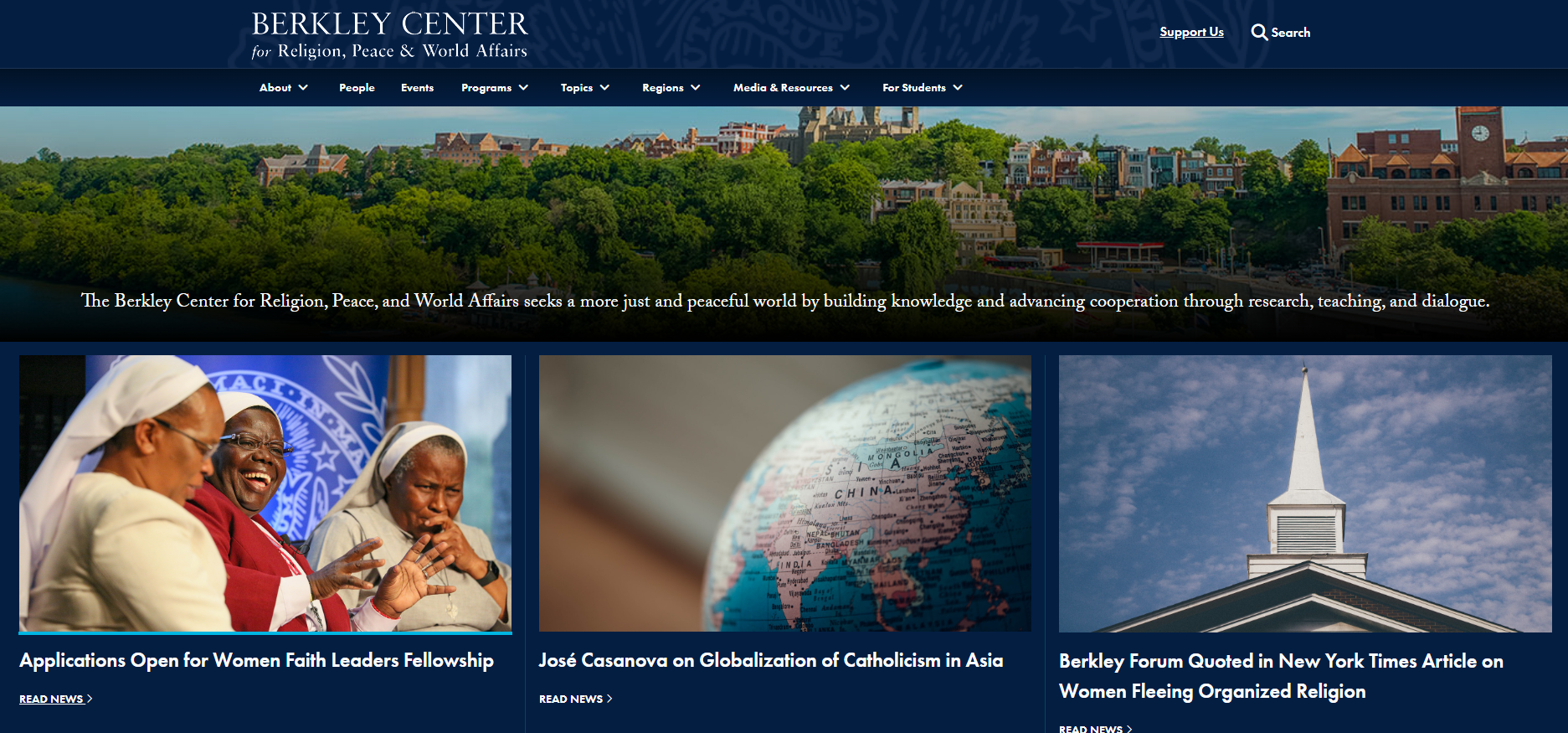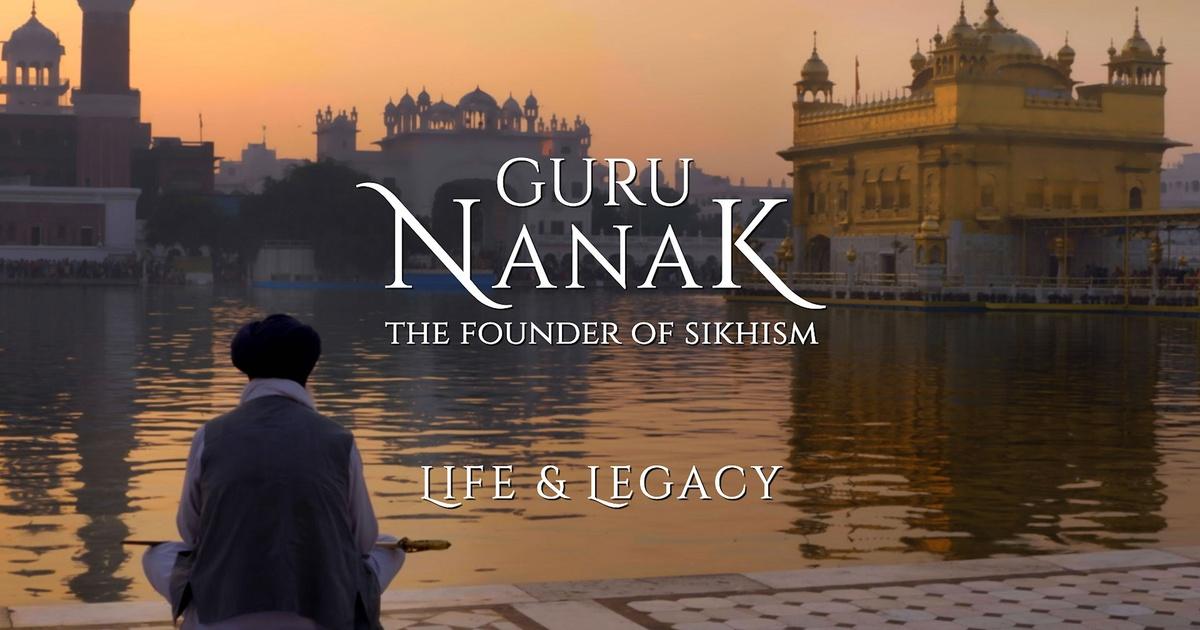Faith in Diversity Newsletter - 7.6.24 - DEI Criminal Part II

If my religious background led me to value Diversity, Equity, and Inclusion, then professionally Interfaith work led me to engage religion in a DEI framework, before it was the political football it has become in Florida and other states. Hostile legislators and governors have declared war on it, which too often is a thinly veiled attack on Black people, women and LGBTQ people. Meanwhile, there are legitimate debates in more reputable forums about whether DEI goes too far or not far enough. Sometimes, in the corporate world and higher education, DEI trainings are fairly accused of having no teeth. Other times, DEI becomes a point of conflict with academic freedom. Do social justice warriors go too far?
In October 2022, a controversy from Hamline University in Minnesota made national headlines, when a professor showed a picture of the Prophet Muhammad in class, to the objection of Muslim students. Objections to this adjunct Professor’s choice led to their contract not being renewed by the University. Outcry ensued from defenders of academic freedom. The Professor made a reasonable case that this was art created by Muslims depicting the Prophet, thus demonstrating diversity within a tradition which more often has viewed such portraiture as off limits and offensive. University administration, on the other hand, used the language of diversity, equity, and inclusion to defend their decision, giving benefit of the doubt to students who argued the professor had crossed a line and must face consequences.
Thus, in one fell swoop, academic freedom, intellectual diversity, religion, and diversity, equity, and inclusion stormed into a moment of zeitgeist together, illuminating controversies about DEI and the new frontier of considering religion as an aspect of that discourse.
Little did we know what Florida had coming.
But the warning signs were there. Before Governor Ron DeSantis’s re-election, documents circulated suggesting the war on woke he and his allies had planned, to be aimed at Public Universities. The groundwork had been laid with HB7, known as the Stop Woke Act, an attempt to limit concepts taught in classrooms, which was immediately met with legal injunctions. Though it was blocked in higher education, it was allowed to take effect in K-12. And though it was technically blocked, we did not continue diversity trainings at our university, including on religious inclusion, after the law was passed.
After Desantis’s decisive win on election night 2022, by a margin of 60%-40%, alongside a Republican legislative wave achieving a supermajority, it took less than two months for them to spring into action. The first sign of war came on December 27, 2022.
I was enjoying the week after Christmas as we always do at Grandma’s house in L.A., which of course stands for Lower Alabama. The joke goes that Grandma, who was born and raised and eventually retired to West Virginia, wanted to move somewhere more liberal, so she moved to Alabama. Red Jean, as we affectionately and ideologically dub her, grew up on a mountaintop in coal country, was the first in her family to graduate high school, married a military man, my Grandfather, and had 2 kids. They were Kennedy Democrats, supporters of civil rights as common sense, and to this day, she maintains her mantra: be nice to people. So when new forms of diversity emerge, and people get mean and shout slurs and “political correctness!” and “woke!”, she smiles and says: I’m just going to be nice to people.
It probably comes as no surprise that her offspring and their families gravitated to public service. My parents taught at public schools and colleges and my sister and I, products of Florida public schools, also taught in them (both sides of the family fed this legacy - Mom’s Dad was a public school teacher and union organizer, and Grandma a public school librarian). All of us, including my wife and kids, are products of public schools.
We have a high level of education, which we are privileged and fortunate to have, but otherwise unfamiliar with the elite sneers toss at people with our politics. Our generational wealth amounts to some acres at the family farm on my Mom’s side, and we went to public universities with the exception of a couple seminary degrees. Unlike the Governor of Florida, not an Ivy league degree in the bunch.
But we learned from Grandma: be nice. We learned from both sides of our family, public service is honorable. It makes our communities better places. Especially when those institutions grow more open and more diverse. My mom’s parents stayed in the public schools when others fled in the wake of integration in the 1970s; they had their lessons to learn about race but they were willing to learn them alongside their Black colleagues.
They may not have known it, as many do not today, that they were being woke. The phrase originates with African American advocates encouraging people to wake up to the realities of racism. My Dad’s mom, now 93, has step by step taken the opportunity to face these realities in her crusade of niceness.
Each Christmas, my Aunt, a retired special education professor, drives in from Mississippi, and the rest of us drive up from Florida and we land in Grandma's cozy nest. My teen son does puzzles with her, we watch old musicals, we rotate cooking dinner, and we go out for breakfast at Huddle House. We occasionally put on a news channel in the background. In end of year programming, news had not yet broken of a quiet information request sent to Florida universities about their diversity programs.
The news began to trickle out the next week, and eventually came a request for names. My name was on that list.
Some may find it puzzling how faith ended up in diversity work. In the early 2000s, the University of North Florida founded an LGBT Resource Center and then the Interfaith Center, alongside already existing Women’s and Intercultural Centers. Before DEI was the popular term to describe this kind of work, these Centers sought to make a place where students of different identities could find support and a place on campus. Programs both brought life to campus and gave students a chance to lead in representing different aspects of core identities. At the Interfaith Center, it meant supporting students of all religious and non-religious identities. But as with other DEI work, an important focus was on increasing access, opportunities and success for students from marginalized religious traditions or identities, whether that meant lending support to the Jewish Student Union, Muslim Student Association, or community for non-religious students who might not fit in with religious groups on campus. Christian campus ministers, Protestant, Catholic, and Evangelical, were admirable advocates supporting this move toward inclusion.
Folding religious diversity into DEI paradigms is now a growing trend. At a public or secular private university it makes sense. Whereas at a religious university there is a focus on spiritual life with regard to religion, at a public institution, there is a focus on social cohesion. Focusing on religious diversity allows universities to bridge those differences and help more students feel heard, included, and at home on campus. That being said, some religious universities are now expanding in this area as well. Some have been champions of interreligious inclusion for years. Religion and diversity and justice can fit together as pieces of a more complete puzzle.
This is what came under attack in January 2023 in Florida's public universities alongside other lanes of diversity work. Needless to say, we fought. And we fought together. We hold this community and these values deeply. And when it comes to religion, they are not just a recent development. In fact, DEI is deeply rooted in the commitment to justice and equality found in many of our religious traditions, going back hundreds and thousands of years.
Next time on DEI Criminal, Part 3: The Gospel According to DEI - coming in August!
Religious Diversity News

Religion in higher education can look a lot of different ways. A much older model than pairing religion with DEI is religious education, and Georgetown University has been one of the longest running higher education institutions in this mold. As aged as the U.S. constitution, the oldest Catholic university in the nation was founded in 1789 by the Jesuit order. In its later years, it has become a model of interreligious inclusion and scholarship. The student union includes a Masjid (mosque) for Muslim students, a Jewish center, and a meditation center for Dharmic traditions which houses beautiful statues and shrines of gods from Hindu and other traditions. On the academic side, the Building Bridges seminar has brought together Christian and Muslim scholars from around the world for over 20 years. I am proud to say that one of their leading scholars and organizers, Dr. Lucinda Mosher, is a friend, mentor, and subscriber!
If you are particularly interested in the global contours of Interfaith work, Georgetown’s Berkley Center for Religion, World Affairs, and Peace publishes a free monthly Global Interfaith Monitor which is worth your time.

When it comes to the “I” in DEI, there can be quite a lot of debate about what inclusion looks like. Are there forms of inclusion which might at first look like exclusion? This new hijabi-only beach in Montenegro raises the question. Muslim women wearing head coverings and clothing like burkinis, full body bathing suits, have found themselves barred from pools or abused for their modesty. These outright abuses may be obvious cases of Islamophobia. What may make some non-Muslims more uncomfortable is the idea that Muslim hijabi women want to be able to practice a modesty where they are not seen by outsiders while swimming. Meanwhile, there are Mormon, Jewish, and Hindu women who buy burkinis too and may feel quite similarly!
If there can be nudist beaches, what should be so controversial about a hijabi beach? Religious inclusion embraces principles of DEI while challenging a more secularized standpoint: “It is a positive thing for Muslim women to have a choice to safely enjoy themselves in a private spot at the Ulcinj hijabi beach. They can do so without the fear of hostile reactions, which they sometimes experience at regular beaches, and in keeping with their interpretation of Islamic precepts regarding modesty.”
This Week's Viewing Recommendation

Social Justice Warrior: who comes to your mind? Somebody tweeting? Someone marching in the streets? A particular physical appearance? Arguably, the first religion to truly embrace this label was Sikhism, starting with their founder Guru Nanak. Sikhs are known for generously hosting weekly meals to feed not just their communities but any who are hungry. They are known for the turbans men wear, a symbol of royalty, meant to show that no prince is above any person and all are equal. They are known for their sword, the kirpan, one of the 5 Ks of Sikhism, which symbolizes their commitment to defending those in need of help (very Jedi of them - or rather, very Sikh of the Jedi!) The faith began with the remarkable leader Nanak, born in 1469. This engaging documentary weaves his story with that of American Sikhs, revealing a religion originating Indian which has become a part of the American tapestry over more than a century, from planters in California, to truck drivers in the Great Plains delivering flood aid, to the Mayor of Hoboken, New Jersey, all who follow the Guru in the way of service and love. The film also features prominent leaders from other faiths affirming their Interfaith admiration for Sikhism.
Paid subscribers can visit this newsletter on the website to add comments! I am always interested to hear what you think and discuss further.
For any feedback, reach out to me by email at: faithindiversityproject@gmail.com
Thank you for subscribing and see you next time! ~ Matt

